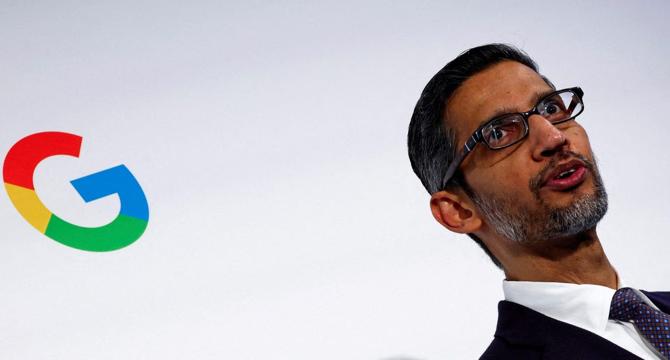Insider
14h
323

Image Credit: Insider
Apple's comments on Search gave investors one reason to worry about Google's future. Here's another.
- Apple's senior vice president Eddy Cue revealed that Safari searches through Google dropped for the first time in April, triggering a sell-off in Google stock.
- Google's latest financial disclosure showed slow growth in paid clicks, raising concerns among investors about the company's search market control.
- Analysts are divided on the threat to Google's search empire, with some believing that Google's control may be lower than previously thought.
- Google's paid clicks for Q1 grew only 2%, the slowest rate since reporting the metric, but the reasons behind this decline remain undisclosed by Google.
- While Google maintains that it continues to see growth in searches, there are concerns about its share of the global search market shrinking relative to competitors.
- Factors like generative AI queries through products like ChatGPT and Meta AI are posing challenges to Google's traditional search dominance.
- Analysts like Ming-Chi Kuo suggest that generative AI could impact Google's advertising business, while others believe Google will eventually monetize AI features like 'Overviews.'
- Jefferies analysts viewed the sell-off in Google's stock post-Cue's comments as 'overblown,' citing Google's potential to monetize AI features and downplaying the impact of Safari on search activity.
- Despite competition and challenges in the search market, Google continues to innovate and adapt to navigate potential threats to its search and advertising businesses.
- The dynamics of the search market are evolving with the rise of AI technologies, creating both challenges and opportunities for search engine providers like Google.
- Overall, the debate continues among analysts regarding the future of Google's search empire and its ability to maintain dominance amid shifting market trends.
Read Full Article
19 Likes
For uninterrupted reading, download the app